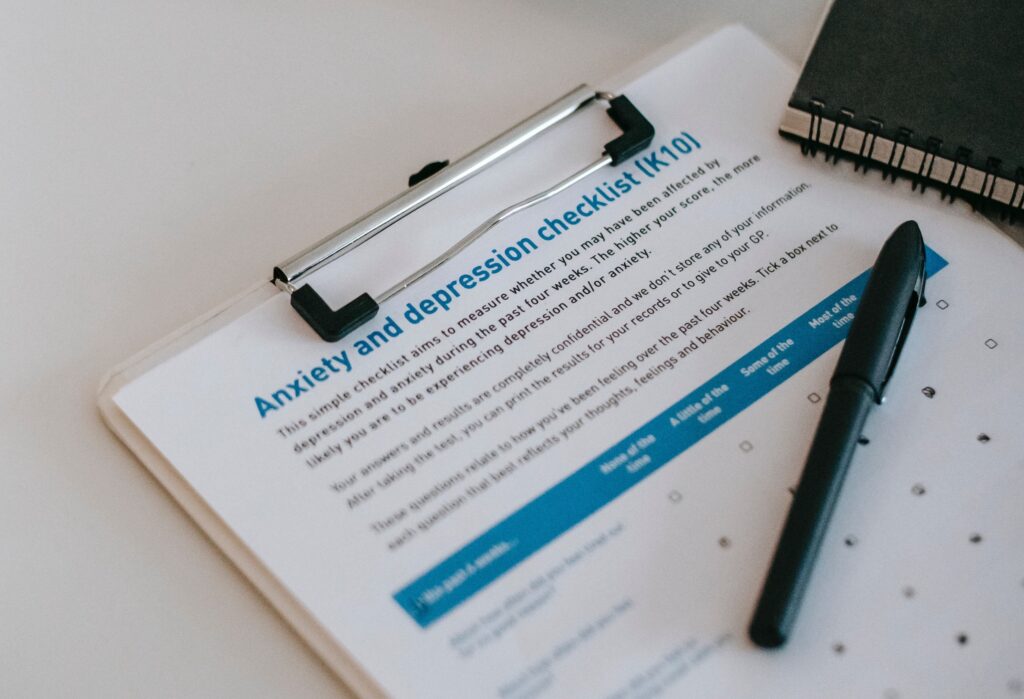The emergence of online mental health apps and telehealth platforms has an upside. It provides more access to services for those in need (which was especially helpful during the COVID-19 pandemic). Research has even found that telehealth continues to be effective for most difficulties. But with all that user data flying around, does app privacy policy for users act like that of traditional mental health services?
The downside is that many of these companies have shared privacy information that therapy traditionally strives to protect. Multiple platforms recently revealed selling client data to large companies. For example, BetterHelp recently admitted to selling user privacy data (including client intake self-report data) to Facebook and Snapchat. They sold this data despite assurances that user information was only for use with internal purposes.
To be fair, some platforms have kept private client information to themselves. But the majority have engaged in some form of privacy sharing. See a report and helpful chart on data sharing practices by company to learn more.
Ethical standards for confidentiality are drilled into therapists’ heads throughout training. How else can clients know they can trust therapists with extremely personal and sensitive information they wish to share?
Now we at bridge typically do not get opinionated; we strive to give you the best research-based information for pragmatic means to help clinicians, clients, and consumers. But does this app privacy policy sound bad to anyone? How can these companies can so easily share data when individual practices cannot and usually do not want to.
Unfortunately, analysts suspect that this practice is actually getting more widespread. Many of these platforms utilize business models commonly used in the online tech space. These practices stress sharing user information for advertising and other revenue purposes, which brings in big money. And selling this data is currently legal. The FTC has tried to curb this practice in some ways (e.g., fining BetterHelp). But there is no current widespread regulation or laws to protect client information as a rule.
But there are pragmatic concerns. Questions arise as to how these data sharing practices impact trust that consumers have on therapy at large. It stands to reason there are negative impacts, but research has yet to investigate how these practices affect consumer attitudes and trust for therapy. Can therapists actually be effective if trust in their work is eroded?














